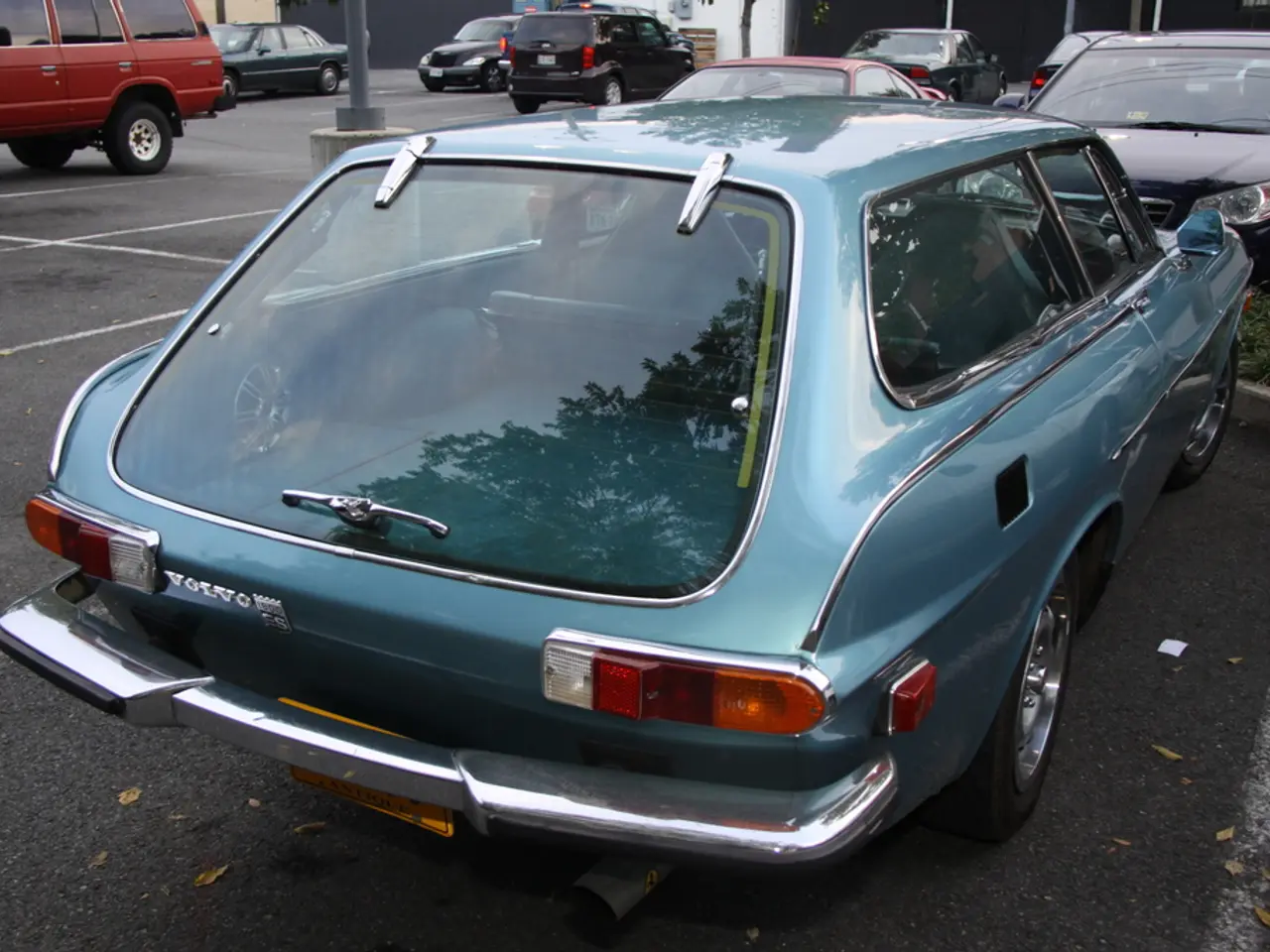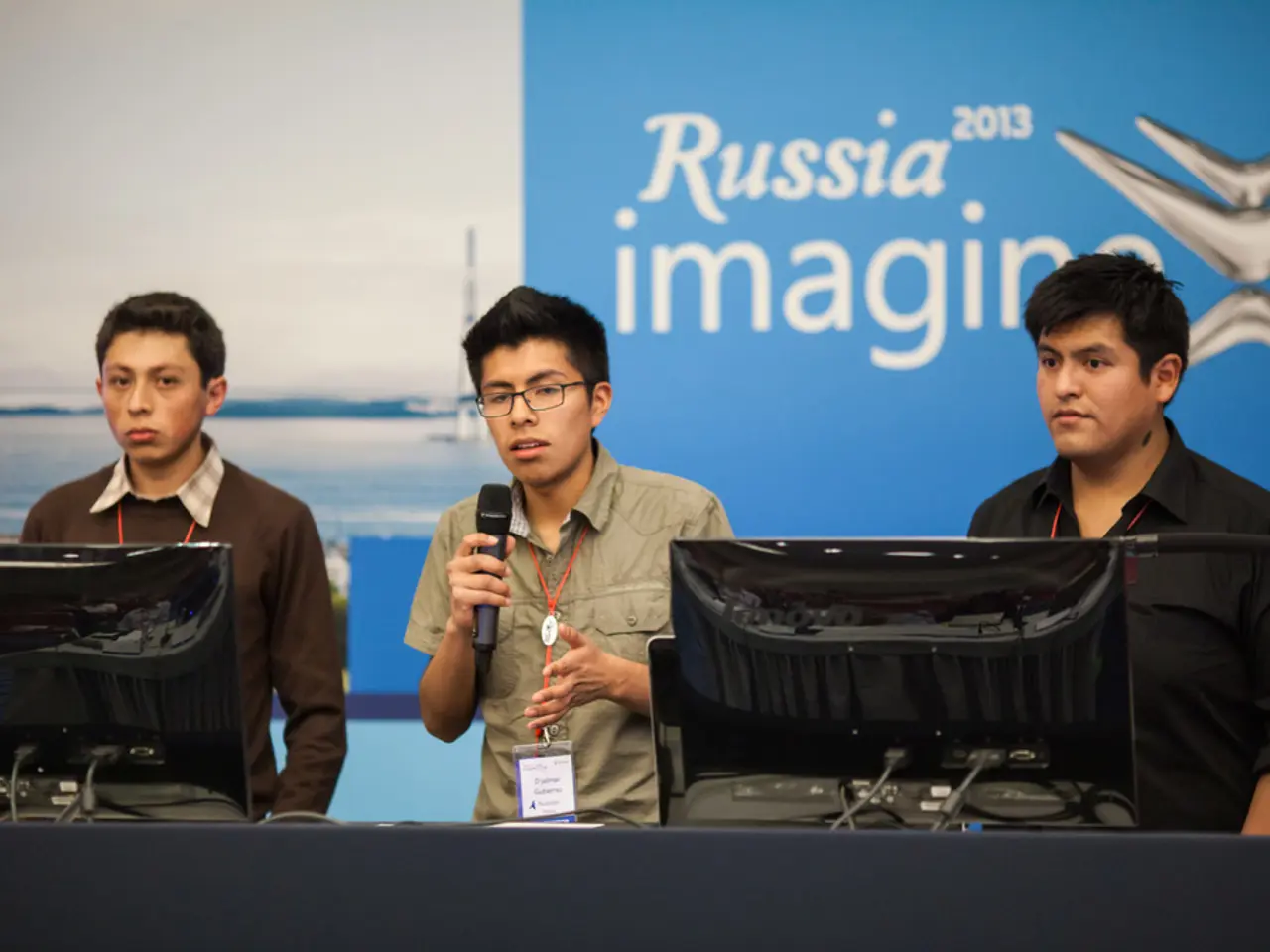Korea contemplates enacting the 'K-Steel Act' to shield its steel industry from import tariffs and China's steel oversupply.
South Korea Takes Aggressive Steps to Rescue Steel Industry with K-Steel Act
Facing an unprecedented crisis in its steel industry, South Korea is taking bold steps to ensure its survival and transformation. The K-Steel Act, a bipartisan bill, aims to support the country's steel manufacturers amid rising US tariffs and competition from cheap Chinese imports.
The K-Steel Act includes a comprehensive policy framework that outlines a long-term industrial strategy for the steel industry. A key provision of the bill is the establishment of a presidential committee tasked with creating a master plan to guide the steel industry’s long-term strategy and development.
The presidential committee will be responsible for crafting five-year master plans and annual action roadmaps to steer the steel industry towards a sustainable future. This strategic approach is crucial in an industry where failure to act could leave Korea exposed on multiple fronts, potentially affecting other sectors like shipbuilding and electric vehicle development.
Recognizing steel as essential for national security and the broader economy, the K-Steel Act provides financial incentives to steel manufacturers investing in next-generation, low-emission steelmaking technologies such as hydrogen usage. These incentives include subsidies, low-interest loans, and tax breaks, aimed at encouraging investment in eco-friendly production methods.
To further promote investment and innovation, the bill introduces “green steel zones”. These special regions will have simplified regulatory and permitting processes, making it easier for companies to invest in and innovate within these areas.
In addition to promoting sustainable growth, the K-Steel Act strengthens Korea’s protective trade policies. This includes enforcing stricter rules of origin, limiting low-grade steel imports, and increasing government authority to counteract unfair trade practices. These measures aim to protect domestic steel producers and ensure a level playing field in the global market.
Rep. Eoh Kiy-ku of the ruling Democratic Party of Korea has stated that the bill is about survival and transformation for the steel industry. With bipartisan support and plans for quick passage, the K-Steel Act is set to provide much-needed relief to the struggling industry.
However, challenges remain. The European Union’s Carbon Border Adjustment Mechanism, set to launch next year, will impose extra costs on Korean steelmakers exporting to the EU unless they decarbonize fast. The K-Steel Act addresses this by providing production cost support for companies investing in hydrogen-based and other low-emission technologies.
As the world moves towards carbon neutrality, the K-Steel Act represents a significant step forward for South Korea’s steel industry. It demonstrates the government’s commitment to supporting domestic industries and ensuring their long-term viability in a rapidly changing global economy.
The K-Steel Act, a bipartisan bill, falls under the realm of policy-and-legislation, as it outlines a long-term industrial strategy for the steel industry in South Korea. This bill is closely linked to politics, as it aims to support the country's steel manufacturers amidst global competition and rising tariffs. Furthermore, the Act's focus on general-news issues like the global transition towards carbon neutrality underscores its broader implications for South Korea's economy and national security.







